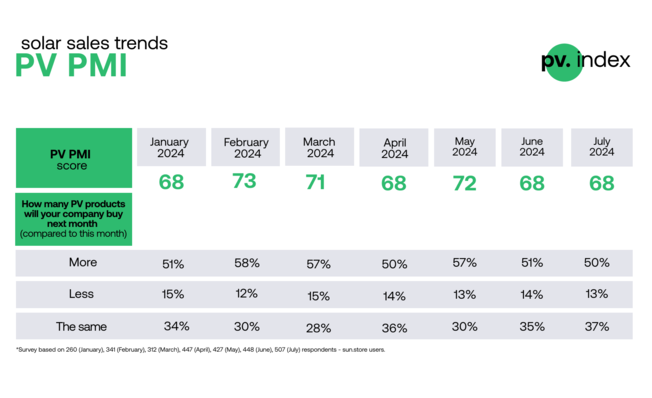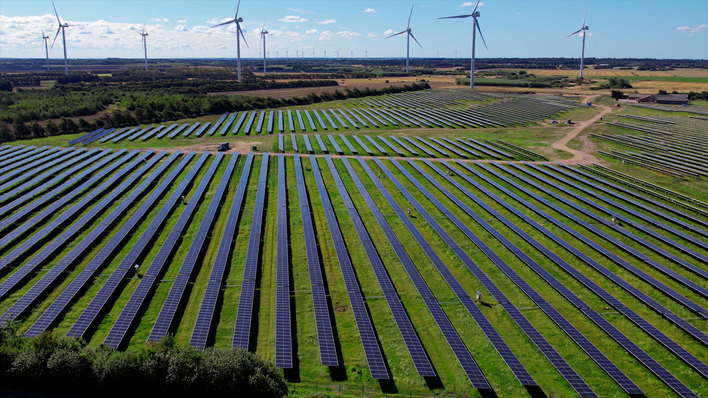DNV has handed over a Statement of Conformity for the Basis of Design of their offshore solar solution to Oceans of Energy, marking a significant milestone in the development of their technology.
The Statement of Conformity verifies that the design methodology complies with the comprehensive set of requirements and guidelines provided by DNV’s Recommended Practice for the design, development, operation and decommissioning of floating solar photovoltaic (FPV) systems – DNV-RP-0584, the world’s first of its kind, published in 2021.
150 MW offshore solar farms by 2028
With ambitions to reach 150 MW-scale offshore solar farm systems by 2028, Oceans of Energy sought independent confirmation of their technology and system design, and contracted DNV to first deliver the aforementioned Statement of Conformity, and, in a later phase, conduct a prototype verification of their second-generation offshore solar farm design for rough North Sea conditions, as implemented in the current pilots.
The North Sea Two location is operational at 400 kW and set to expand to 1 MW in the coming year. The future holds even greater ambitions with North Sea Three projected to reach a multiple MW system size, and subsequent projects expected to reach tens of MW.
Did you miss that? SeaVolt: test platform for offshore PV
DNV's Statement of Conformity confirms that Oceans of Energy’s basis of design complies with the requirements of DNV-RP-0584 for certain operational limits, thus providing crucial risk reduction for North Sea Two and forthcoming solar farms within offshore wind farms. This independent confirmation of their technology and system design basis enables Oceans of Energy to scale in a safe and reliable way.
Verification and certification are crucial in attracting the necessary investments for scaling up: as the first offshore solar basis of design to receive a Statement of Conformity in the EU, Oceans of Energy’s system showcases the feasibility of key aspects of solar technologies at rough environmental conditions, like in the North Sea, and sets the stage for future advancements.
North Sea has immens potential for renewable energy production
“This verification is of global relevance, as the deployment and scaling of offshore solar technologies are essential to meet climate challenges worldwide”, noted Ditlev Engel, CEO, Energy Systems at DNV. “Our partnership will not only drive offshore solar for the energy transition in Europe, particularly in the North Sea region, but also serve as a model for implementation globally.”
Also interesting: Cooperation for offshore solar projects
With its immense potential for renewable energy production, the North Sea is destined to become Europe's power plant, and this project plays a role in realizing the region's ambitious targets set in the Esbjerg and Ostend Declaration. Furthermore, it aligns with the Netherlands' commitment to reduce CO2 emissions by at least 55% by 2030, as announced by Minister of Climate and Energy, Rob Jetten. The Dutch government has recognized the importance of offshore solar, with the announced ambition to have 3 GW installed by 2030 equivalent in scale to 3000 football fields. (hcn)








